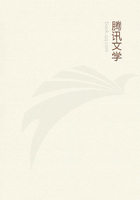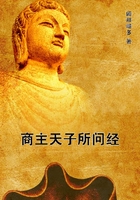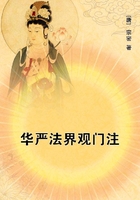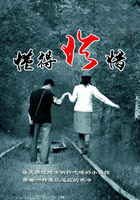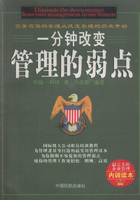The common diet of the people was fat pork and corn bread. At times I have eaten in cabins where they had only corn bread and "black-eye peas" cooked in plain water. The people seemed to have no other idea than to live on this fat meat and corn bread,--the meat, and the meal of which the bread was made, having been bought at a high price at a store in town, notwithstanding the face that the land all about the cabin homes could easily have been made to produce nearly every kind of garden vegetable that is raised anywhere in the country. Their one object seemed to be to plant nothing but cotton; and in many cases cotton was planted up to the very door of the cabin.
In these cabin homes I often found sewing-machines which had been bought, or were being bought, on instalments, frequently at a cost of as much as sixty dollars, or showy clocks for which the occupants of the cabins had paid twelve or fourteen dollars. I remember that on one occasion when I went into one of these cabins for dinner, when I sat down to the table for a meal with the four members of the family, I noticed that, while there were five of us at the table, there was but one fork for the five of us to use. Naturally there was an awkward pause on my part. In the opposite corner of that same cabin was an organ for which the people told me they were paying sixty dollars in monthly instalments. One fork, and a sixty-dollar organ!
In most cases the sewing-machine was not used, the clocks were so worthless that they did not keep correct time--and if they had, in nine cases out of ten there would have been no one in the family who could have told the time of day--while the organ, of course, was rarely used for want of a person who could play upon it.
In the case to which I have referred, where the family sat down to the table for the meal at which I was their guest, I could see plainly that this was an awkward and unusual proceeding, and was done in my honour. In most cases, when the family got up in the morning, for example, the wife would put a piece of meat in a frying-pan and put a lump of dough in a "skillet," as they called it. These utensils would be placed on the fire, and in ten or fifteen minutes breakfast would be ready. Frequently the husband would take his bread and meat in his hand and start for the field, eating as he walked. The mother would sit down in a corner and eat her breakfast, perhaps from a plate and perhaps directly from the "skillet" or frying-pan, while the children would eat their portion of the bread and meat while running about the yard.
At certain seasons of the year, when meat was scarce, it was rarely that the children who were not old enough or strong enough to work in the fields would have the luxury of meat.
The breakfast over, and with practically no attention given to the house, the whole family would, as a general thing, proceed to the cotton-field. Every child that was large enough to carry a hoe was put to work, and the baby--for usually there was at least one baby--would be laid down at the end of the cotton row, so that its mother could give it a certain amount of attention when she had finished chopping her row. The noon meal and the supper were taken in much the same way as the breakfast.
All the days of the family would be spent after much this same routine, except Saturday and Sunday. On Saturday the whole family would spent at least half a day, and often a whole day, in town.
The idea in going to town was, I suppose, to do shopping, but all the shopping that the whole family had money for could have been attended to in ten minutes by one person. Still, the whole family remained in town for most of the day, spending the greater part of the time in standing on the streets, the women, too often, sitting about somewhere smoking or dipping snuff. Sunday was usually spent in going to some big meeting. With few exceptions, I found that the crops were mortgaged in the counties where I went, and that the most of the coloured farmers were in debt. The state had not been able to build schoolhouses in the country districts, and, as a rule, the schools were taught in churches or in log cabins. More than once, while on my journeys, I found that there was no provision made in the house used for school purposes for heating the building during the winter, and consequently a fire had to be built in the yard, and teacher and pupils passed in and out of the house as they got cold or warm. With few exceptions, I found the teachers in these country schools to be miserably poor in preparation for their work, and poor in moral character. The schools were in session from three to five months.
There was practically no apparatus in the schoolhouses, except that occasionally there was a rough blackboard. I recall that one day I went into a schoolhouse--or rather into an abandoned log cabin that was being used as a schoolhouse--and found five pupils who were studying a lesson from one book. Two of these, on the front seat, were using the book between them; behind these were two others peeping over the shoulders of the first two, and behind the four was a fifth little fellow who was peeping over the shoulders of all four.
What I have said concerning the character of the schoolhouses and teachers will also apply quite accurately as a description of the church buildings and the ministers.
I met some very interesting characters during my travels. As illustrating the peculiar mental processes of the country people, I remember that I asked one coloured man, who was about sixty years old, to tell me something of his history. He said that he had been born in Virginia, and sold into Alabama in 1845. I asked him how many were sold at the same time. He said, "There were five of us; myself and brother and three mules."



